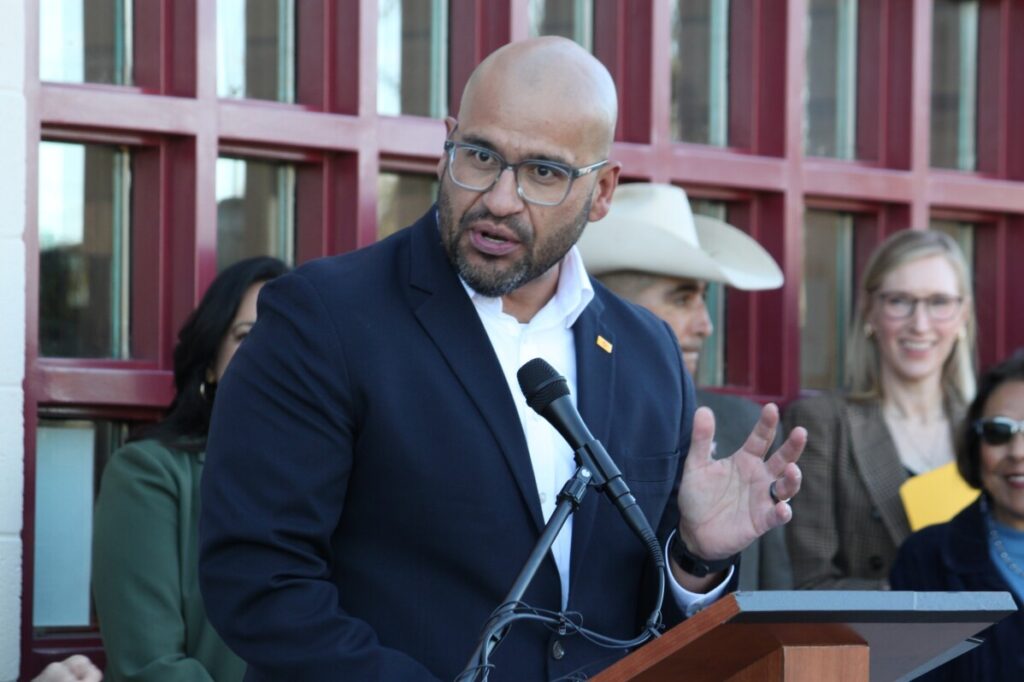South Korea and Japan’s Diplomatic Dance Masks Deeper Strategic Challenges for America
In a high-stakes geopolitical chess game, South Korean President Lee Jae Myung and Japan’s Prime Minister Sanae Takaichi pledge cooperation under U.S. watchful eyes—yet underlying tensions and economic wrangling threaten America’s strategic interests in East Asia.

As the world faces rising uncertainty, the recent summit between South Korean President Lee Jae Myung and Japan’s new Prime Minister Sanae Takaichi offers a veneer of diplomatic progress that warrants closer scrutiny from an America First standpoint. Convened in Gyeongju ahead of the Asia-Pacific Economic Cooperation summit, their talks focused on improving strained relations marred by bitter historical wounds, while simultaneously navigating pressure from Washington to bolster trilateral security amid shifting global power dynamics.
Can Historical Grudges Be Set Aside Without Jeopardizing American Interests?
Tensions between Seoul and Tokyo have long been fueled by unresolved disputes stemming from Japan’s wartime aggression—a topic that Prime Minister Takaichi has controversially downplayed, ignoring well-documented atrocities against Koreans during World War II. Her right-wing stance raises alarming questions about the sincerity and durability of this rapprochement. How can Washington trust a partner who refuses to fully acknowledge past wrongs when unity is essential to countering threats like North Korea’s advancing nuclear arsenal?
President Lee has shown pragmatic intent to rebuild ties with both Japan and the United States, but skeptics worry his past criticisms of American policy toward North Korea signal potential wavering loyalty to the alliance that ensures regional stability and protects American sovereignty.
Economic Deals vs. Strategic Realities: Who Really Benefits?
The summit also highlighted complex negotiations over massive investment packages—$350 billion proposed by South Korea alone—intended to boost U.S.-Korean economic ties while reviving critical American industries such as shipbuilding. Though tariff concessions on Korean vehicles hint at progress, weeks of contention underscore how fragile these agreements are under Trump’s unilateral trade reset agenda.
Moreover, Japan’s pledge of nearly half a trillion dollars in investments into American energy and technology sectors signals a rare win—but at what cost? While economic incentives are welcome, America must ensure these deals advance national sovereignty rather than entangle us further in regional disputes where our interests are secondary.
For families already concerned about global instability spilling over into domestic insecurity—whether through supply chain disruptions or unchecked nuclear proliferation—the question remains: will Washington’s push for East Asian solidarity actually deliver peace and prosperity? Or will it merely paper over deep-rooted divisions while exposing America to unnecessary risk?
The United States cannot afford to be complacent as allies with checkered histories vie for influence amid great-power competition. True leadership means demanding accountability from partners whose actions—not words—must align with America’s security imperatives.
